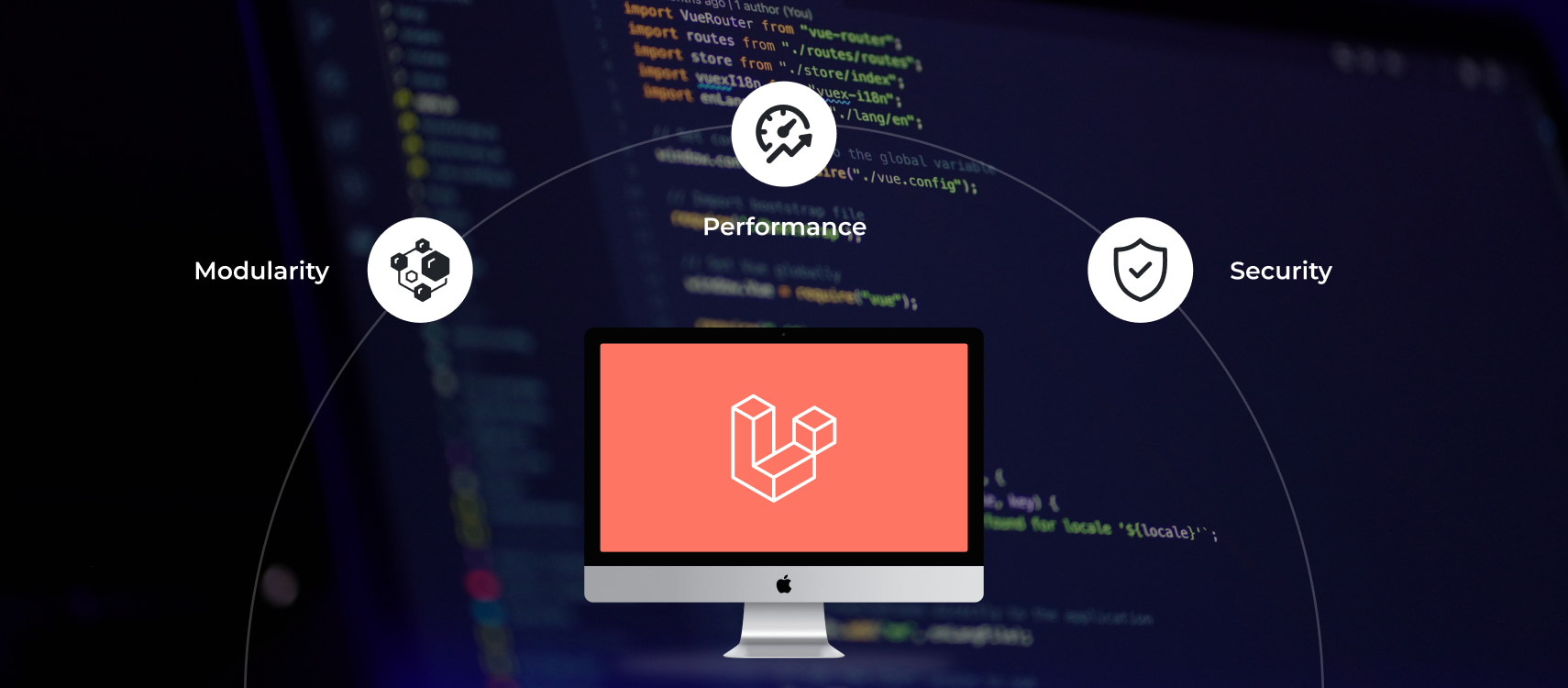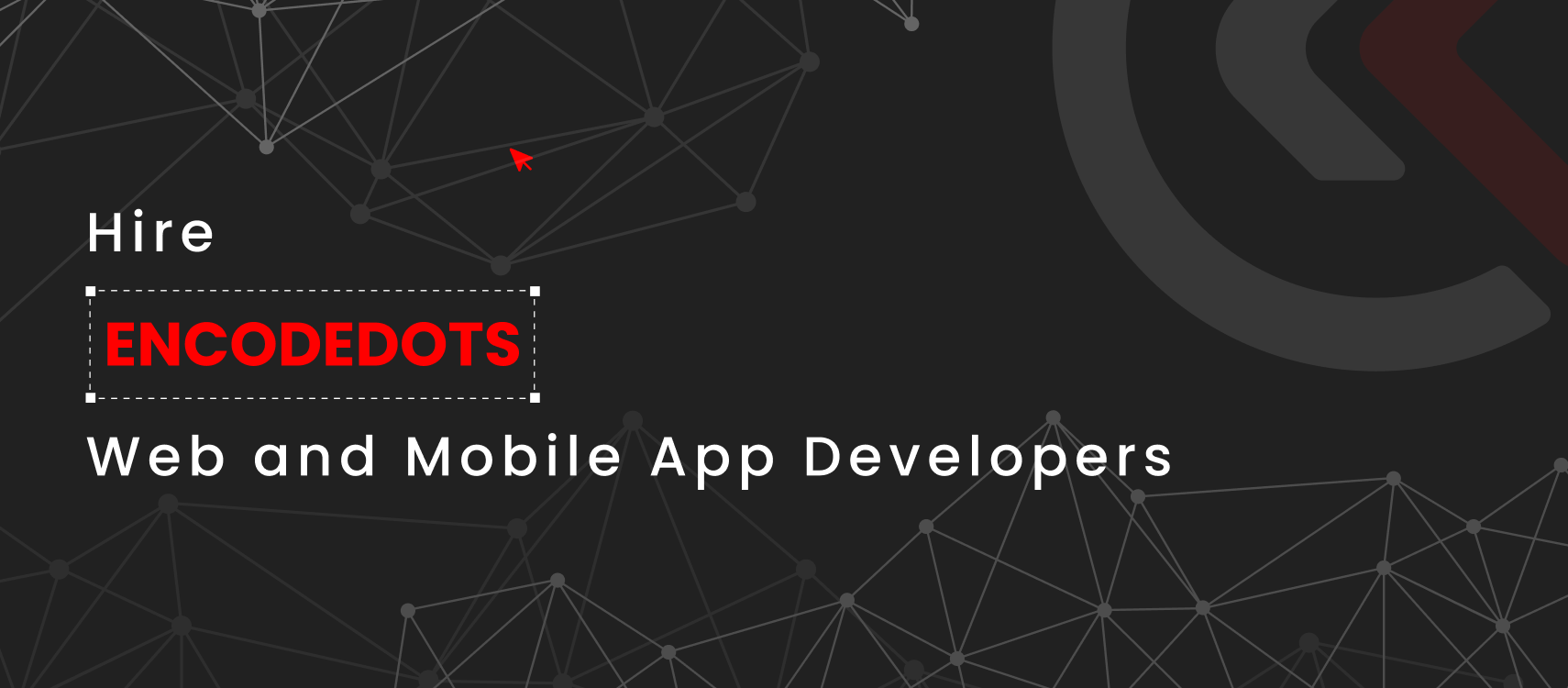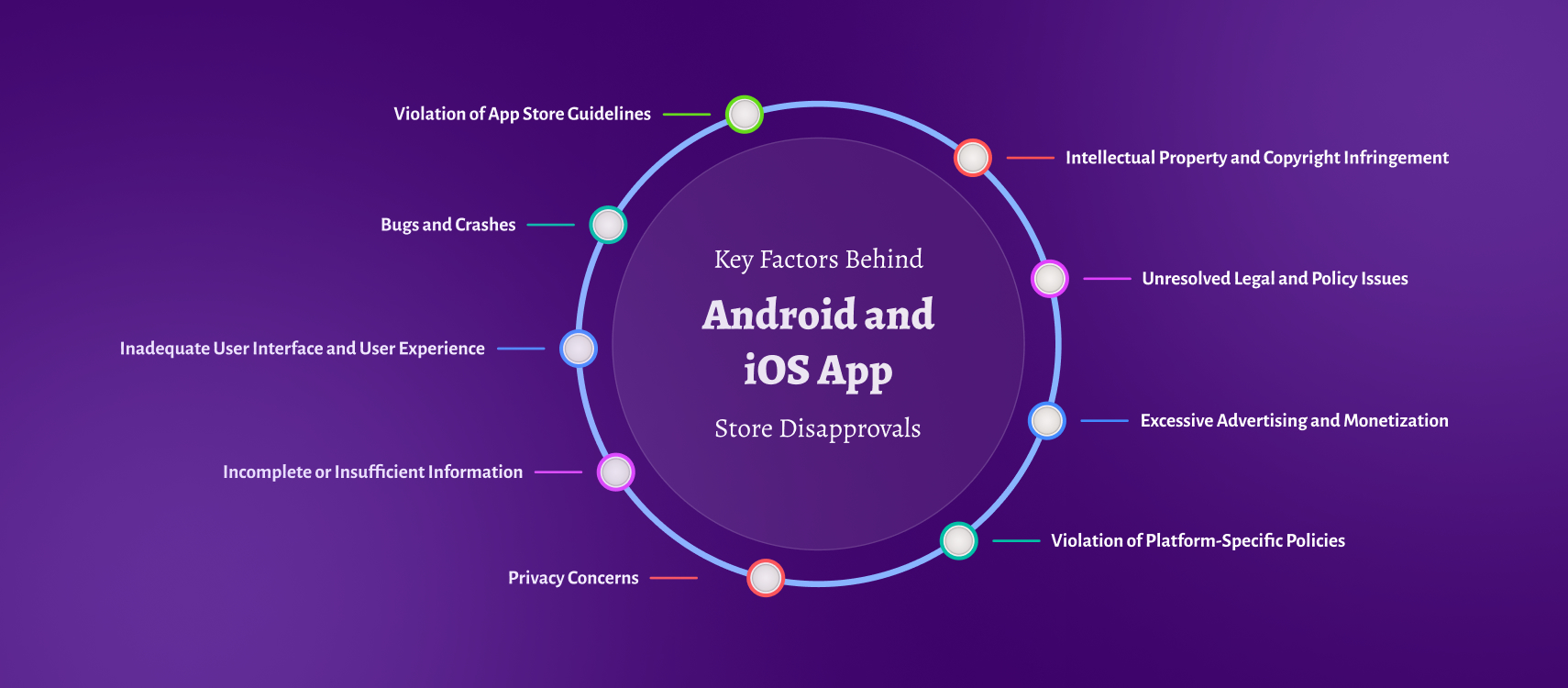Table of Contents
- Modular App Building
- Lightning-Fast Performance
- Security at Scale
- Laravel Advantages
- Ending Notes
Laravel, an open-source PHP framework, has gained immense popularity in the web development community. Its elegant syntax, extensive features, and robust ecosystem make it a preferred choice for developing modern web applications.
In this blog, we will delve into three key advantages that make businesses hire Laravel development services, namely, modularity, performance, and security at scale. We will explore each of these aspects in detail, highlighting how Laravel empowers developers to build efficient, secure, and maintainable applications.
Modularity: Building Blocks for Scalable Applications
Modularity is a crucial aspect of any software development framework, enabling developers to break down complex applications into smaller, manageable components. Laravel excels in providing a modular architecture that promotes code reusability, maintainability, and scalability.
Laravel Packages and the Composer Ecosystem:
Laravel leverages the power of Composer, a dependency management tool, to allow developers to easily integrate external packages into their applications. The Laravel ecosystem offers a wide range of pre-built packages that can be effortlessly incorporated into projects, saving development time and effort. These packages cover diverse functionalities, such as user authentication, caching, database management, and more. Moreover, developers can create and share their own packages, fostering a collaborative environment and encouraging code reuse.
Laravel’s Modular Structure:
Laravel follows the Model-View-Controller (MVC) architectural pattern, dividing application logic into separate components. Models handle data management and represent the application’s business logic, views handle presentation and user interface, and controllers act as the intermediary, managing user requests and coordinating data flow. This separation of concerns allows a Laravel development company to program clean and maintainable code. This also makes it easier for developers to collaborate and update specific parts of an application without affecting others.
Laravel Service Container and Service Providers:
Laravel’s service container provides a powerful mechanism for managing class dependencies and performing dependency injection. It allows developers to define and resolve dependencies effortlessly, making code more modular and testable. Service providers, another feature of Laravel, facilitate the registration of services within the container, further enhancing the modularity and extensibility of Laravel applications.
Performance: Optimal Efficiency for Rapid Development
In addition to modularity, Laravel offers several features and optimizations that contribute to high-performance web applications. Businesses for performance-savvy apps hire Laravel developers because of efficient development practices and the vast repository of tools that ensures enhancing loading speed and responsiveness.
Eloquent ORM and Database Query Builder:
Laravel’s Eloquent ORM (Object-Relational Mapping) simplifies database operations by providing a fluent, expressive syntax for working with databases. It allows developers to interact with the database using PHP objects, eliminating the need for writing complex SQL queries manually. Eloquent’s query builder enhances performance by optimizing database queries and reducing the potential for SQL injection vulnerabilities.
Caching Mechanisms:
Laravel provides support for various caching mechanisms, including file-based, database, and in-memory caching through popular systems like Redis and Memcached. By caching frequently accessed data, Laravel reduces the load on the database and improves application response times. Developers can easily implement caching at various levels, from full-page caching to fine-grained query caching, depending on the specific requirements of their applications.
Queues and Job Management:
As applications scale, managing time-consuming tasks efficiently becomes crucial. Laravel’s built-in queue system enables developers to defer time-consuming tasks to be processed asynchronously in the background, enhancing application performance and responsiveness. By distributing tasks across multiple workers, developers can leverage parallel processing and effectively utilize server resources.
Security at Scale: Protecting Applications from Vulnerabilities
Security is a top concern in web development, especially as applications grow in complexity and face an increasing number of potential threats. Laravel incorporates multiple security measures and best practices to safeguard applications against common vulnerabilities.
Cross-Site Scripting (XSS) and Cross-Site Request Forgery (CSRF) Protection:
Laravel includes built-in protection against XSS and CSRF attacks. It automatically escapes user-generated content to prevent malicious scripts from being executed, and it generates unique CSRF tokens to validate requests, mitigating the risk of unauthorized actions.
Authentication and Authorization:
Laravel simplifies user authentication and authorization with its built-in authentication system. It provides ready-to-use controllers, views, and routes for handling registration, login, and password reset functionality. Developers can easily define authorization policies to control access to different parts of the application based on user roles and permissions.
Encryption and Hashing:
Laravel offers robust encryption and hashing mechanisms to secure sensitive data. It supports various encryption algorithms, allowing developers to encrypt and decrypt data seamlessly. Passwords are hashed using the bcrypt algorithm, ensuring that they are never stored in plain text and providing an additional layer of security.
Laravel Advantages: Examples through Real-World Applications
To further illustrate the advantages of modularity, performance, and security at scale that Laravel brings to the table, let’s explore a few real-world examples where Laravel has excelled.
Enterprise Application
Laravel’s modularity and scalability make it an excellent choice for building large-scale enterprise applications. Companies like IBM, 9GAG, and GitLab have utilized Laravel to develop robust and feature-rich systems. For instance, Laravel’s modular structure allows developers to divide complex business processes into manageable components, facilitating collaboration among teams and enabling seamless updates and maintenance.
The performance optimizations provided by Laravel, such as caching and queue management, ensure optimal efficiency even under heavy user loads. Additionally, Laravel’s built-in security measures provide essential protection for sensitive enterprise data and prevent unauthorized access.
E-commerce Platforms:
The e-commerce industry demands high-performance applications that can handle significant traffic, complex product catalogs, and secure payment processing. Laravel has been successfully employed in various e-commerce platforms, including Cartalyst, Bagisto, and Shopware. With Laravel’s modular architecture, developers can easily integrate essential features like shopping carts, product catalogs, and payment gateways.
The framework’s performance optimizations, such as efficient database querying and caching mechanisms, contribute to faster page loading times and a smoother user experience. Laravel’s security features play a critical role in protecting customer data, securing payment transactions, and preventing potential vulnerabilities.
Content Management Systems (CMS):
Laravel has proven to be a solid foundation for building content management systems, allowing developers to create powerful and user-friendly platforms. October CMS and PyroCMS are notable examples of CMS built on Laravel. The modular structure of Laravel facilitates the development of flexible and customizable CMS modules, empowering content creators to manage and publish content seamlessly.
Laravel’s performance enhancements, including database optimization and caching, enable speedy content retrieval and delivery. With built-in security measures, Laravel-based CMS platforms can protect sensitive content and user data, ensuring a safe and reliable environment for website administrators.
Startups and MVP Development:
Laravel’s ease of use, extensive documentation, and rapid development capabilities make it a preferred choice for startups and Minimum Viable Product (MVP) development. Laravel’s modularity allows for quick iteration and prototyping, helping startups validate their ideas and bring their products to market faster.
Laravel ensures that startups can handle scaling demands efficiently as their user base grows. Laravel’s security features provide a solid foundation for building secure applications from the outset, instilling trust in potential investors and users.
Ending Notes
Laravel has emerged as a beloved framework due to its exceptional modularity, performance optimizations, and strong focus on security. Its modular architecture, code reusability, easy maintainability, comprehensive security features and active community support provide developers a power-packed framework for any challenging web development project.










